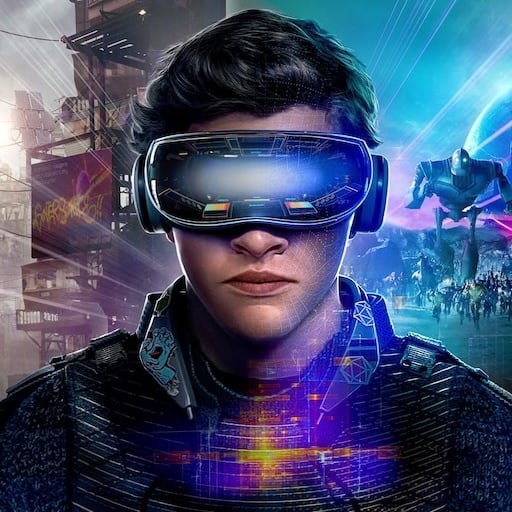

Always a nightmare for me as well. It can take me 30 minutes just to come up with 2 sentences. I usually try to make a « joke » related to something « important » that happened to the person during the year (or « generic » stuff like « one more year passed bla bla bla »).
It’s a source of a lot of stress, especially when sometimes, someone gives me a pen and a card and forces me to come up with something right now.


Just to say that the question might not only concern niche games. Any game that you do not buy shortly after its release might have a negative impact on the franchise (because most sales happen in a few weeks, with rare exceptions of course).